
Capt’n Eli’s changes recipe to join 'all-natural' soda marketplace
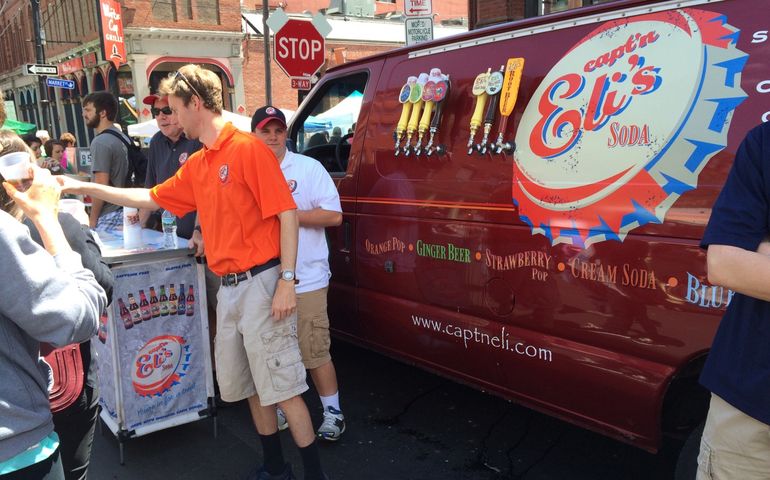 Courtesy / Capt’n Eli’s Soda
Brothers Seth Crockett, in the orange shirt, and Ted Crockett, in the white shirt, serve up Capt’n Eli’s Soda from the company’s tap truck at the Old Port Festival a few years ago.
Courtesy / Capt’n Eli’s Soda
Brothers Seth Crockett, in the orange shirt, and Ted Crockett, in the white shirt, serve up Capt’n Eli’s Soda from the company’s tap truck at the Old Port Festival a few years ago.
Capt’n Eli’s Soda occupies a growing niche in the hand-crafted soda market. Now, the Portland-based company has eliminated preservatives from its recipes, a move it expects to further expand its market.
Capt’n Eli’s Soda is transitioning into an all-natural soda line by eliminating preservatives from its handcrafted beverages in order to provide a more health-conscious option for today’s consumer, according to a news release emailed to Mainebiz.
“Moving our award-winning soda line to an all-natural recipe was a result of listening to our customers,” Ed Crockett, president of Capt’n Eli’s Soda, said in the release. “We’ve positioned our product offerings to deliver what the customer has been demanding.”
Capt’n Eli’s is a division of Shipyard Brewing Co. The two operations occupy the same facilities at 86 Newbury St. in Portland, and share the same services.
Crockett told Mainebiz that most of the ingredients in the soda line have been natural since the company’s inception in 1996.
“There were a couple of colorings that weren’t all natural, so we made that transition,” he said. “But the big move was that, up until this past fall, we used sodium benzoate as a preservative for extended shelf life. Now, we are having the product made with a pasteurization process, which removes the need for a preservative.”
The change meets the needs of consumers who don’t care for preservatives, he explained.
“That’s where the trend in the industry is going and what consumers have been demanding,” he said.
Crockett said he found a new bottler, Ginseng UP Corp. in Worcester, Mass., that uses the pasteurization process.
“The craft soda world isn’t that big,” he said. “There were less than a handful of folks in New England that were bottling soda. Ginseng UP was the best match for the volume that we do.”
Capt’n Eli’s has three of its own employees: Crockett and his two sons, Seth and Ted, who primarily perform sales and marketing.
Three-fold growth
Crockett took over the business in 2013. At that time, the company produced about 30,000 “case equivalents” of soda. In 2018, it produced over 100,000 case equivalents.
“So we’ve had some nice growth over the last six years,” he said.
The geographic market has also expanded. In 2013, it was primarily southern Maine.
“Today we have full distribution throughout New England and into upstate New York,” he said. “We also do a nice bit of business in the southeast, primarily in Florida.”

Market drivers include expansion of the product line. In 2013, the company had four flavors. Since then, two were discontinued due to declining sales, but six were added, for a total of eight flavors today. They are: root beer, ginger beer, black cherry pop, blueberry pop, cream soda, orange pop, strawberry pop and diet root beer.
The selection of new flavors was based on research into consumer demand, Crockett said.
“I did research on the national and regional flavor profiles that were selling in the market,” he said. “It was clear that, after root beer and ginger beer, the next best were cream and black cherry. We already had blueberry and strawberry, which were doing very well, especially blueberry in Maine. So we updated the mix based on market data.”
The company revamped its marketing, changed its packaging and highlighted differentiating qualities, such as being all-natural, caffeine-free, gluten-free and made in Maine.
“We shouted those things on our packaging and educated the consumer,” he said. “We’ve been able to capitalize on being local.”
The local aspect aided expansion into more retail markets, primarily grocery stores.
“We’ve had great success doing that,” he said.
The preservative-free development is expected to further drive growth.
“Trends indicate that’s what folks are demanding,” Crockett said. “It’s a niche category within carbonated soft drinks, so I don’t believe we’ll ever have the explosion that, for example, beer did. But in the move toward healthier, overall, this is really consistent.”
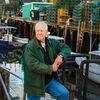




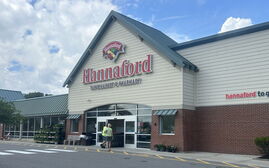
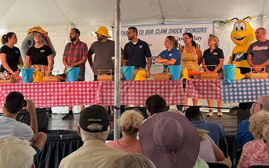

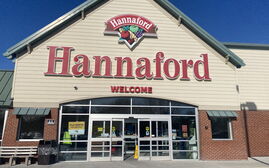




0 Comments